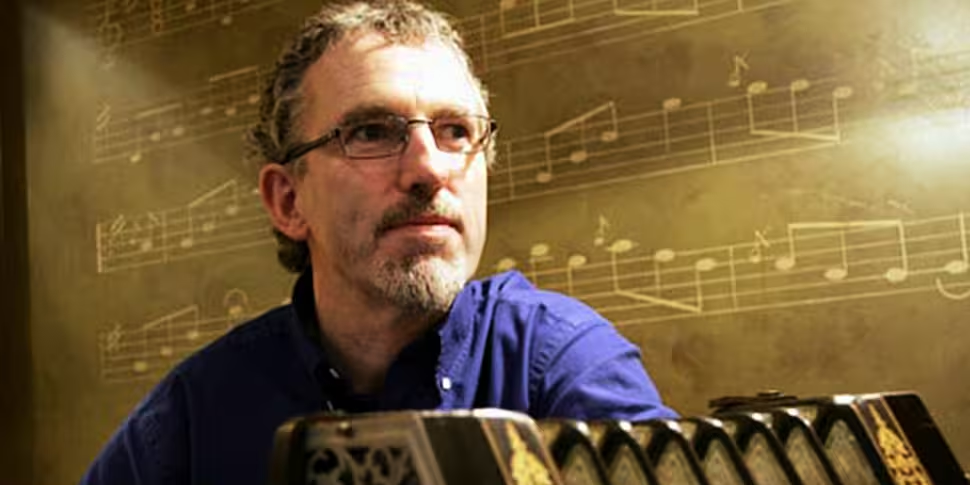Irish music legend Noel Hill has said the legal battle he was wrapped up in after he was viciously assaulted 13 years ago was a “crime against the Irish people.”
The County Clare concertina player was left with life-changing injuries after he was assaulted in a pub bathroom in Connemara in 2008.
On The Hard Shoulder’s Thursday interview this evening he spoke at length about his life in music before touching upon the attack and the legal battle that followed.
“That assault doesn’t define me,” he said. “I want to make that very clear.
“What defines me is the music and what I stand for as a musician.
“However, it was a nightmare. What was done to me left me fighting for my life and it has left me with profound injuries that I have to live with every minute now of the day since. It was tragic turn of events.”
Mr Hill said the attack had a “profound effect” on him both physically and mentally – and that was before he was faced with a “seven-year period of waiting for justice.”
“That is a denial of justice for seven years,” he said. “The irony of it all was that the Irish language was the cause of the delay."
"Insult"
He said the case went all the way to the Supreme Court after the defendant asked for the jury members to be fluent speakers of Irish.
The case was eventually delayed until 2015 when Michael Folan, from Teach Mór, Lettermullen, Co Galway, was convicted and sentenced to ten years in prison, with the final three suspended.
“It cost the taxpayer an enormous amount of money to bring this case through the High Court and on the Supreme Court where it was obviously turned down,” he said. “But that cost to the taxpayer is a crime on the people.
“Let me say this much, a further crime was the crime on the Irish language – our first language – and a further crime on top of that was that it pissed on the Irish Constitution.
“It was an absolute insult to Bunreacht na hÉireann using it in such a way.”
Connemara
Mr Hill, who now lives in Connemara, is at pains to point out how much he loves the region and the people that live there.
“My great friends are in Connemara and I love Connemara and it hasn’t diminished that one single bit – or my love for the language,” he said.
“All the people down there that I go fishing with and go out on boats with, they all know that - but they also know I was blackguarded big time.”
Recovery
He said the attack had terrible consequences for an extended period of time.
“I couldn’t play for a long period and the head injuries affected my memory big time,” he said.
“I had big issues with recording tunes – even though it was the best thing I could do with my memory – the music seemed to have a little corner in my head that worked better.
“I had much more difficulty with language, particularly on the telephone. I tried all sorts of tricks to hide it and a lot of people didn’t realise I was going through this.
“I went through all sorts of things. My depression hit me big time and as a single parent … Seán was about 11 at the time and Aisling was three years older and I was their sole carer and here I was in hospital, fighting for my life.”
Trauma
He said the attack still affects him to this day.
“I still get terrible fear,” he said. “It comes in out of nowhere in an unexpected way.
“Absolutely it is getting better. Post-traumatic stress disorder is a long process, there is no cure as such for it that I have been told about.
“They talk about time cures everything, it does not. Time only pushes the thing back; it is still hiding there under some rock and some unexpected thing can bring up a horrible feeling.
“I had the counselling and I took the medication for the depression and thank God I am still here and I have my faculties – because that was the one worry.”
You can listen back to the full interview here:









